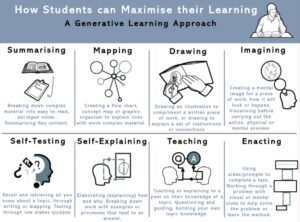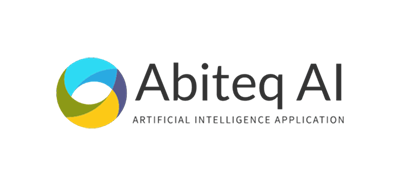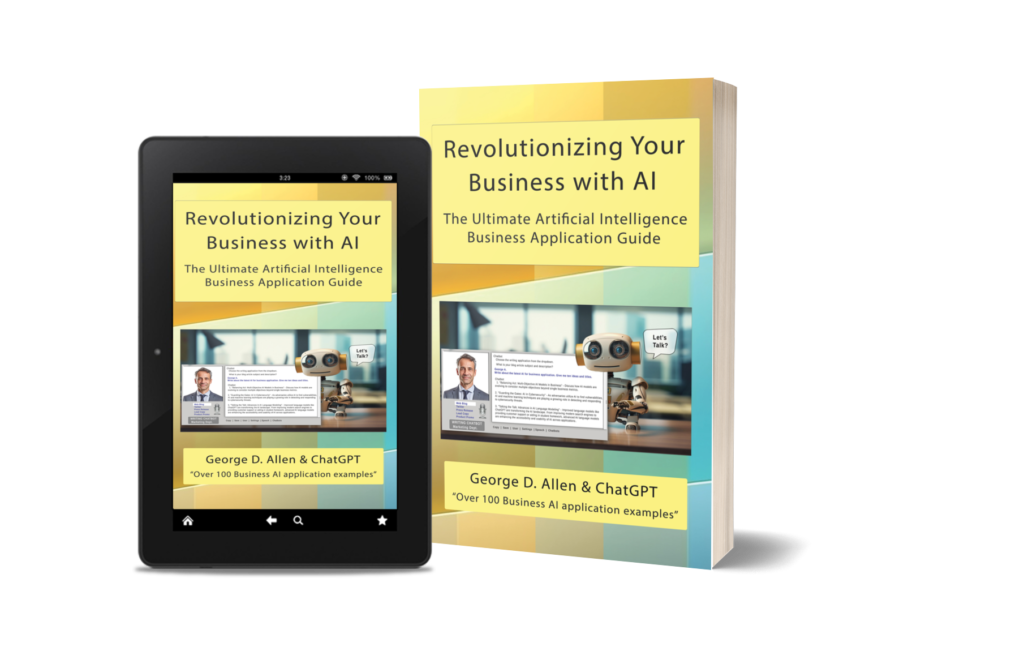- Coauthor ChatGPT
While we can’t predict exactly how artificial intelligence will impact future generations, it’s safe to say that it has the power to improve education in every way. Artificial intelligence has the potential to make education more accessible than ever before. By providing students with personalized learning recommendations, AI can help them tailor their education to their individual needs and goals. The technology will help students learn more effectively, while also giving them access to a world of knowledge that’s previously been off limits. As AI continues to advance, it will be able to provide personalized instruction and feedback in ways that were impossible before. This will allow students from all backgrounds and skill levels to reach their full potential. We can’t say how exactly AI will impact future generations, but it’s safe to say that it has the power to improve education in every way.
“AI is already making an impact on education in a number of ways. For example, it can help teachers personalize lesson plans by analyzing student data and providing tailored suggestions for improvement. From expanding the availability of education to providing personalized learning experiences, AI has the potential to be a game changer in education.”
(See Generative Learning: A Teacher’s Guide by Paul Main)

The researchers call this a “generative learning environment,” meaning that the system will not just create answers to questions, but also give arguments — hopefully as good as your own. The researchers say that the system is not perfect, and it can be fooled by a few logical tricks. However, they hope to improve its performance by adding more complicated reasoning into the mix. The researchers say that the system can be used to help students learn new concepts, but could also be applied to professional development. It could help teachers improve their own teaching skills by providing them with feedback on how well they are explaining a concept and what students need more help with. The researchers also note that the system can be used to help students develop their writing skills. For example, it could provide feedback on grammar and style and give suggestions for how to improve a paper.
If you’re looking to create something unique in the classroom, transforming students into content producers will do just that. ChatGPT can even act as a tutor, similar to how Watson works as a teacher for students with disabilities, with both teachers and students empowered as learners. This tool has enormous potential for teachers and their students, providing them with valuable tools to create more lessons and learn more easily. ChatGPT is a free tool that teachers can use to create lessons, quizzes and tests for their students. Teachers can also use it to create assignments and check students’ work. The platform includes tools such as speech recognition for dictation, text-to-speech for reading aloud and punctuation correction. The application is still in beta testing, but it’s already being used by teachers. The company has already created a “classroom chatbot” called ChatGPT, which helps students learn how to write essays and answer questions on exams. It also allows teachers to create lessons that students can follow along with as they learn new concepts and skills.

